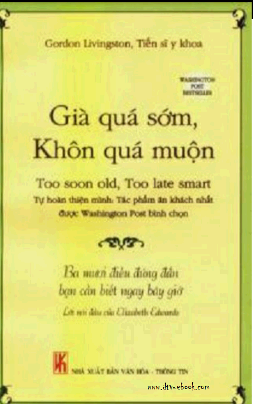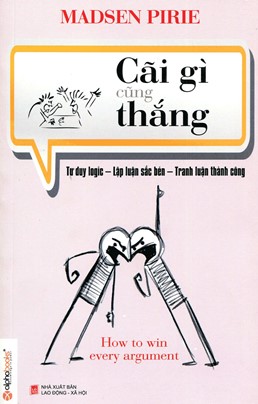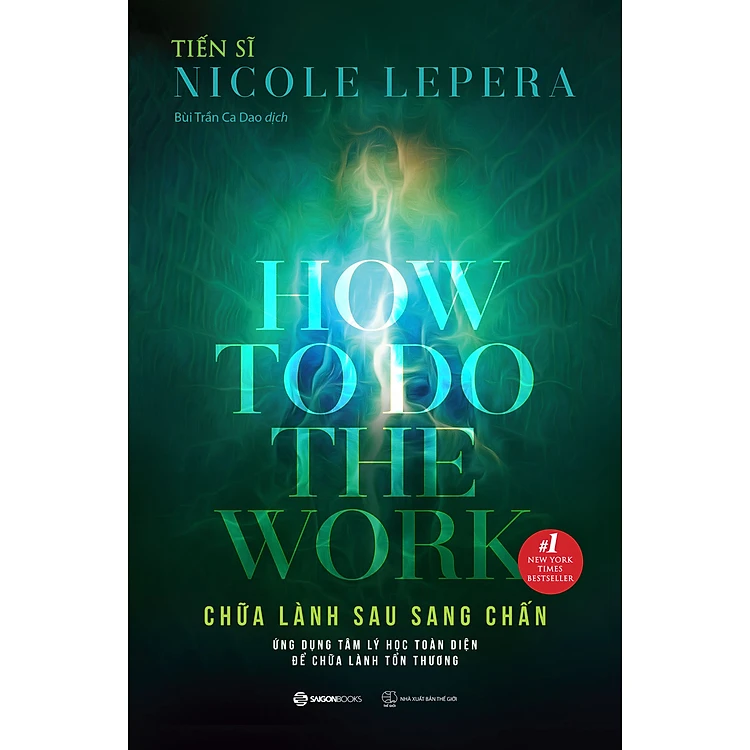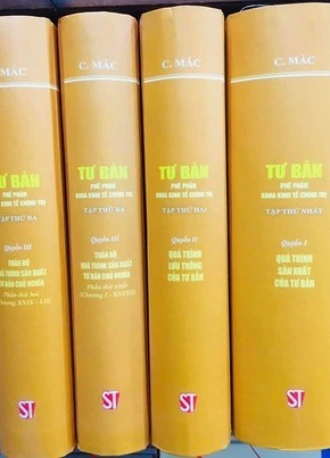How to Win Every Argument: A Review – Persuasion, Not Necessarily Truth
Madan’s *How to Win Every Argumentisn’t a guide to unethical manipulation, despite its provocative title. Instead, it’s a witty and insightful exploration of the art of argumentation, focusing on understanding the underlying mechanics of persuasive discourse. The book delves into various logical fallacies, rhetorical techniques, and cognitive biases, equipping readers with the tools to analyze and construct effective arguments – whether for personal gain, professional success, or simply the intellectual satisfaction of a well-won debate.
The strength of the book lies in its clear and engaging style. Madan avoids dense academic jargon, opting for concise explanations and relatable examples. He expertly dissects common errors in reasoning, highlighting how easily we can be misled by flawed logic or manipulative tactics, even when we believe ourselves to be rational and objective. This self-awareness is arguably the most valuable lesson the book imparts.
While the title might suggest a focus on “winning” at all costs, the book ultimately advocates for a more nuanced approach. It’s not about deceiving your opponent but about understanding the dynamics of argumentation to present your case effectively. Learning to identify fallacies in your *ownthinking is as crucial as recognizing them in others. This makes the book useful not only for those looking to sharpen their debating skills but also for anyone striving to improve their critical thinking abilities.
However, the book’s brevity means some topics are treated superficially. While the examples are illustrative, a deeper dive into the philosophical and psychological underpinnings of some concepts might be beneficial for serious students of rhetoric. Furthermore, the focus on formal logic and debate techniques might feel less relevant to informal, everyday conversations.
In summary: *How to Win Every Argumentis a highly readable and enjoyable introduction to the world of persuasive communication. It’s a valuable resource for anyone looking to improve their argumentation skills, enhance their critical thinking abilities, and understand the subtle art of effective discourse. Just remember that winning an argument doesn’t always equate to achieving the truth; the book’s true value lies in fostering a more informed and insightful understanding of the process itself. Highly recommended for anyone interested in rhetoric, debate, or critical thinking.


 Đang tải dữ liệu
Đang tải dữ liệu







Chia sẻ ý kiến của bạn